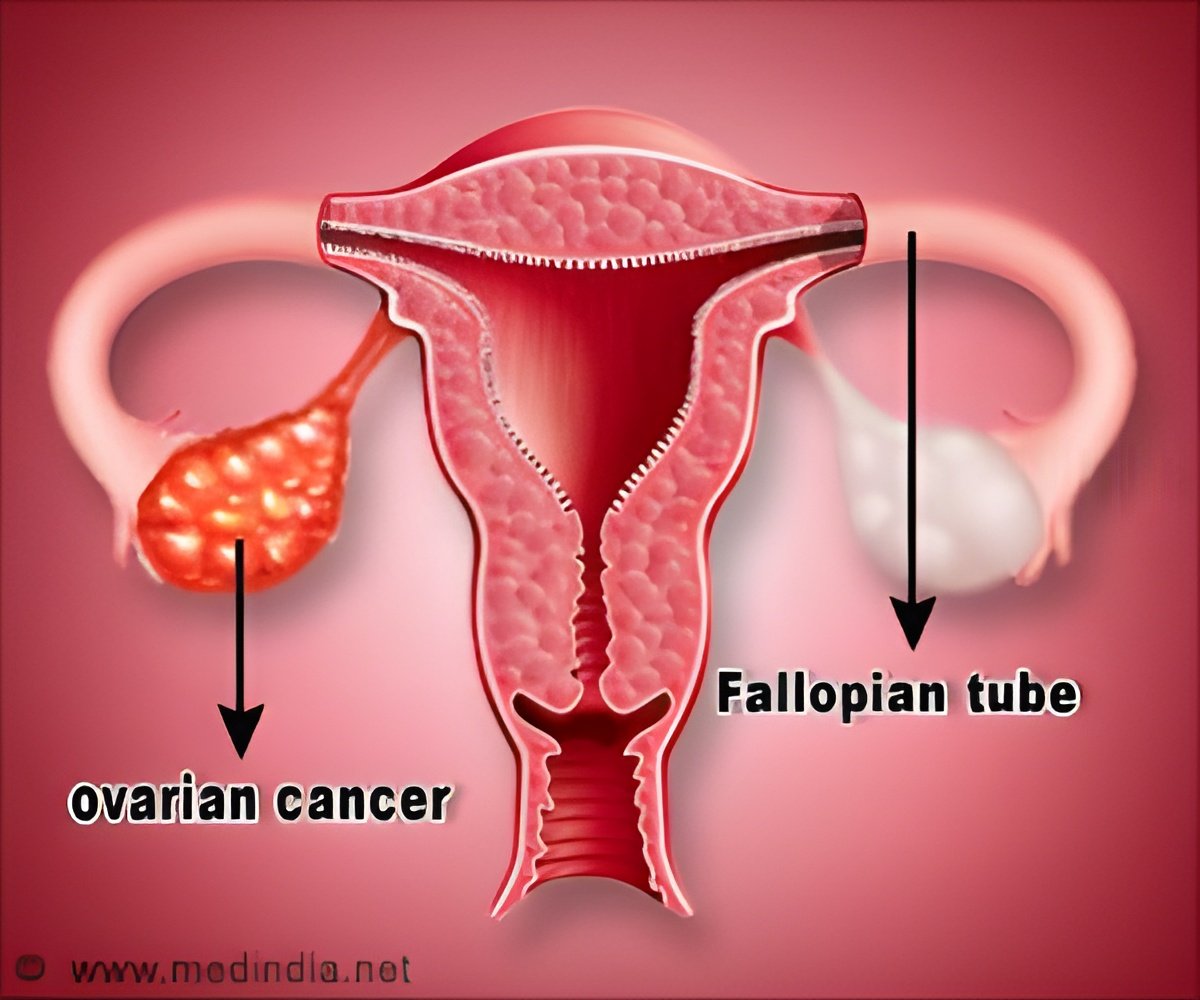Sexual activity decreases from 6.1-6.8 times per month before treatment to 2.6-4.9 times per month after cancer treatment.

In addition to showing an overall decrease in sexual frequency after cancer treatment, the study also suggested that younger, pre-menopausal women are at higher risk for sexual dysfunction. Researchers also found a higher risk among women who received chemotherapy or are in committed relationships. They observed that despite decreased sexual activity, there was no accompanying increase in marital dysfunction.
Guntupalli said, "We think that if couples are given the option to go to counseling during cancer treatment it may help with their sexual health in the long run. If researchers can catch those patients that may have problems up front and offer interventions, especially younger couples, it can really enhance life after cancer."
Source-Medindia















